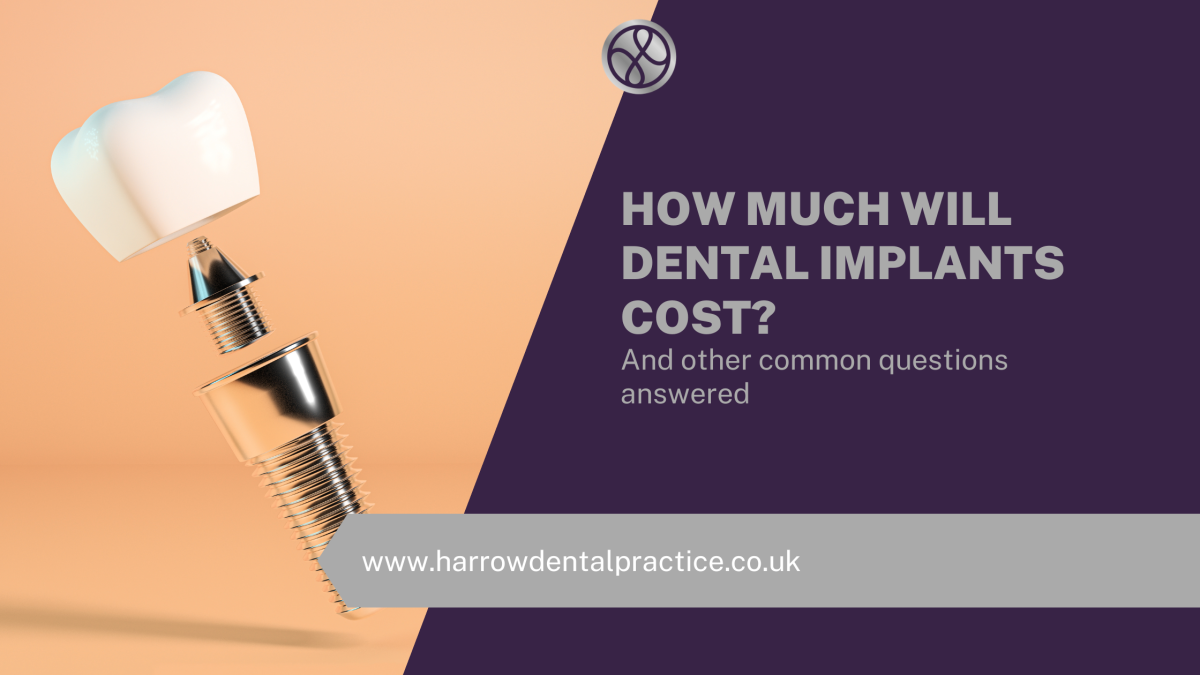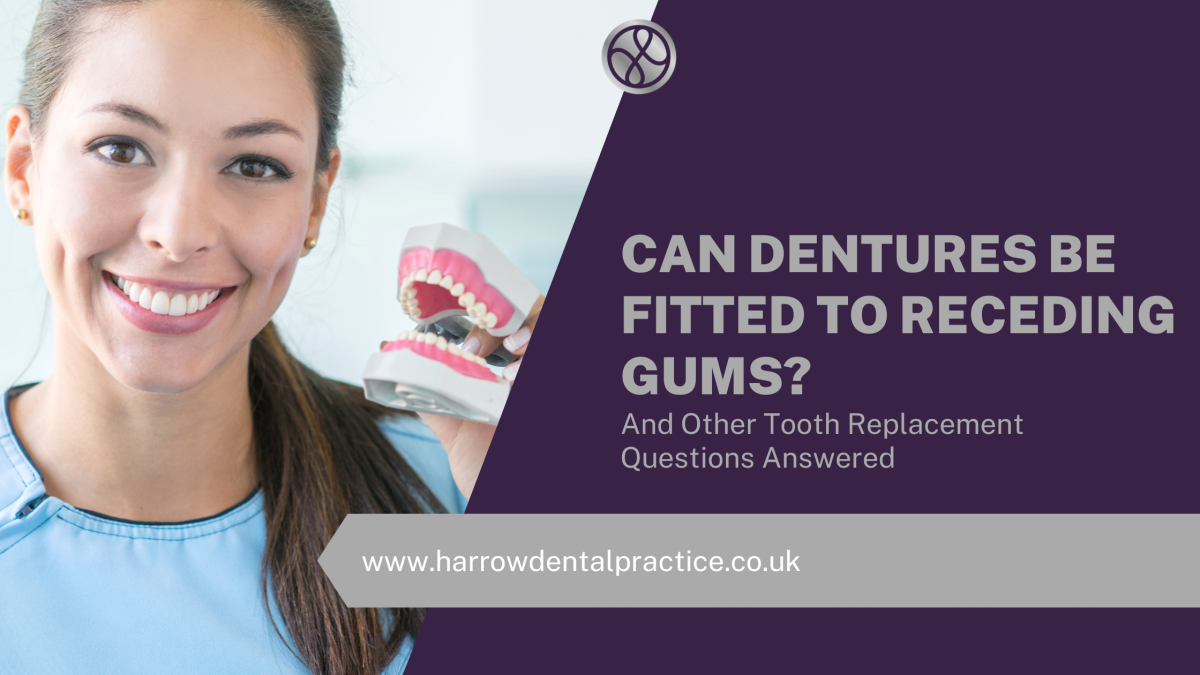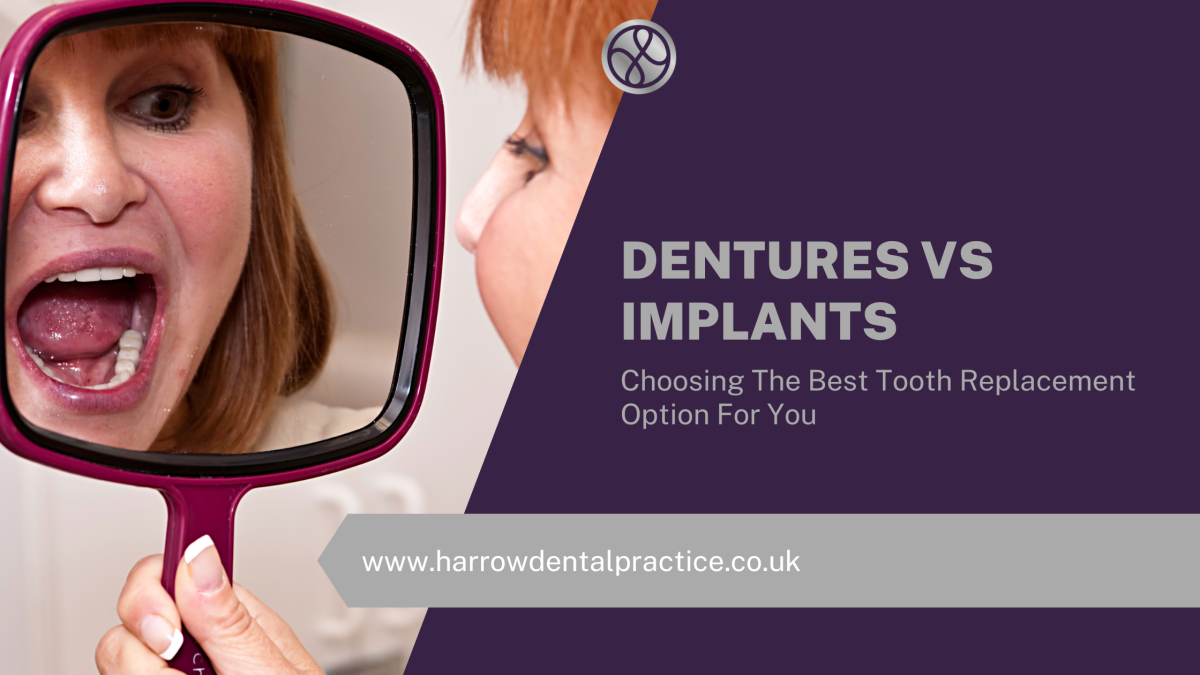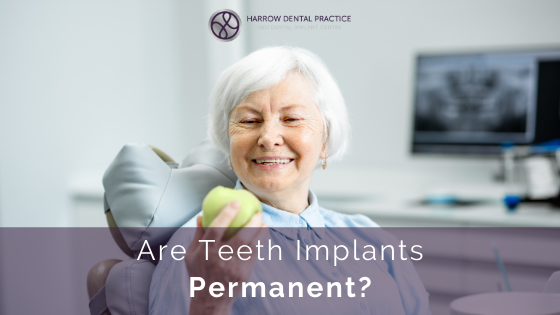Tooth loss is among the most common dental problems worldwide. According to the Oral Health Foundation, every three in four Britishers have had at least one tooth extracted. Unfortunately, missing teeth can cause various complications if they are not replaced timely. Previously, dentists replaced missing teeth using removable dentures and teeth bridges. However, these prostheses had their drawbacks besides having a short lifespan. But things changed with the introduction of dental implants. Today, dental implants can be used for the long-term replacement of any number of missing teeth.
However, when we talk about implants, the foremost concern of dental patients is their cost and how to find the implant surgeon in town. If you are also looking for an answer to this question, you are in luck; this blog will explain all you need to know about dental implants. So, read on to learn more about them.
How To Find the Best Dental Implants In The UK?
Successful tooth replacement with dental implants requires visiting an experienced and qualified dentist. But finding the right implant dentist in the UK is easier said than done. But don’t worry; we have some tips for you that make your task easier:
- Make a list of the dental implant practice in your area
- Shortlist 5-7 of them based on the practices that offer all your required services in your area
- Go online and search for the online reviews for these practices. This will help you shortlist 2-3 practices
- Next, visit these practices and meet the dentist and their team. Ask for the dentist’s qualifications and experience in implant dentistry. You may also ask for the before-and-after photos of their previous implant dentistry patients.
- Finally, you should go with the practice that you feel the most comfortable with
You can search the General Dental Council’s specialist register to find dental practices offering implant services in your area.
What Should Full Mouth Dental Implants Cost In 2023?
The cost of full-mouth or all-on-4 implants depends on various factors. Among them, a crucial factor is a need for additional procedures, such as bone grafting or ridge augment, before implant placement. However, full-mouth replacement with dental implant-supported prostheses typically costs £4500 – £6000. This does not include the cost of additional procedures needed before the surgery.
Is The Price Of Dental Implants Likely To Reduce In The Future?
As the competition between implant manufacturers is growing, companies are trying to stay on top by reducing their profit margins. This may help reduce implant costs. However, at the same time, global inflation and increase in healthcare treatment costs may further drive up the cost of implant therapy. So, we can expect the prices of implants to go up in the future. So, if you are considering getting implants, do it now before they get more expensive.
How Can I Find Affordable Dental Implants?
Treatment with dental implants is generally costlier compared to other tooth replacement options. However, their high treatment cost is a small price, considering their lifelong durability, excellent function, and aesthetics. However, if you want to cut your costs further, you should consider going to a dental practice in your area that offers implant therapy through your insurance. If your insurance plan is not covered, consider going to a practice that offers a flexible treatment plan.
Are Dental Implants Worth It?
Dental implants are the most reliable, long-lasting, and aesthetically pleasing tooth replacement option currently available. Furthermore, they completely restore one’s ability to speak and eat. Hence, you can enjoy all your favourite foods without any restrictions. So, if you are looking for a tooth replacement option that looks, functions, and feels like natural teeth, you should consider dental implants.
Do Dental Implants Require Special Care?
Dental implants are anchored into the jawbone like natural teeth. So, their care requirements are the same as natural teeth. All you need is regular brushing and flossing to prevent plaque and tartar formation around the implants and prevent complications. More importantly, you should never miss an appointment with your implant dentist so that any underlying issue can be detected and treated timely.
How Long Do Full Mouth Dental Implants Last?
Full-mouth dental implants can last a lifetime if they are looked after properly. This is because dental implants are made of highly robust and durable titanium alloys. So, you don’t have to worry about the service life of implant-supported full-mouth dentures.
How Much Is A Dental Implant For One Tooth?
Dental implant cost varies according to the dentist’s location, experience, and the number of implants needed for tooth replacement. However, a single-tooth replacement with implants typically costs around £1500 – £2500, including the cost of the crown.
Can You Pay Monthly For Dental Implants?
Some dental practices in the UK offer affordable payment solutions, whereby one pays on a monthly basis for their treatment. So, it is advisable to consult with your dentist if they allow you to pay for your treatment monthly before it is initiated.
Can You Get Dental Implants If You Don’t Have Any Teeth?
No matter how many teeth you are missing, you are a candidate for getting implants. Even if you have no natural teeth, your dentist replaces them with only four implants. This type of prosthesis is called an all-on-4 complete fixed bridge. Your dentist will place 4 implants in each jaw, which will be used to support the entire fixed bridge.
If you want full-mouth implants in Hornchurch, your best option is Harrow Dental. We are the best implant dentistry practice in town, with many satisfied patients. So, are you ready to enjoy a beautiful smile with implants? Click here to find out more about all-on-4 implants.





